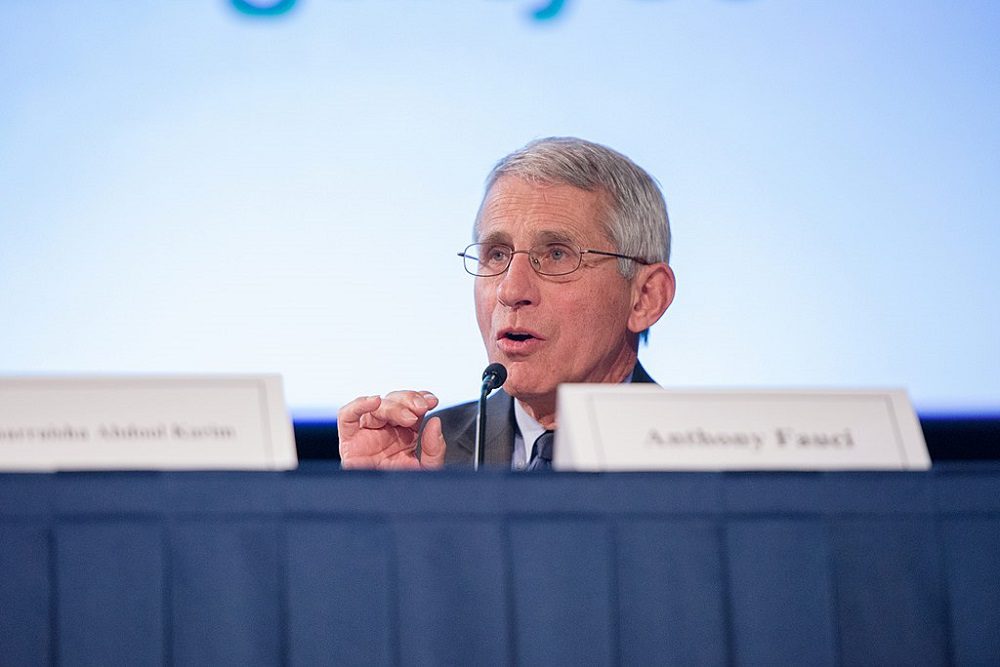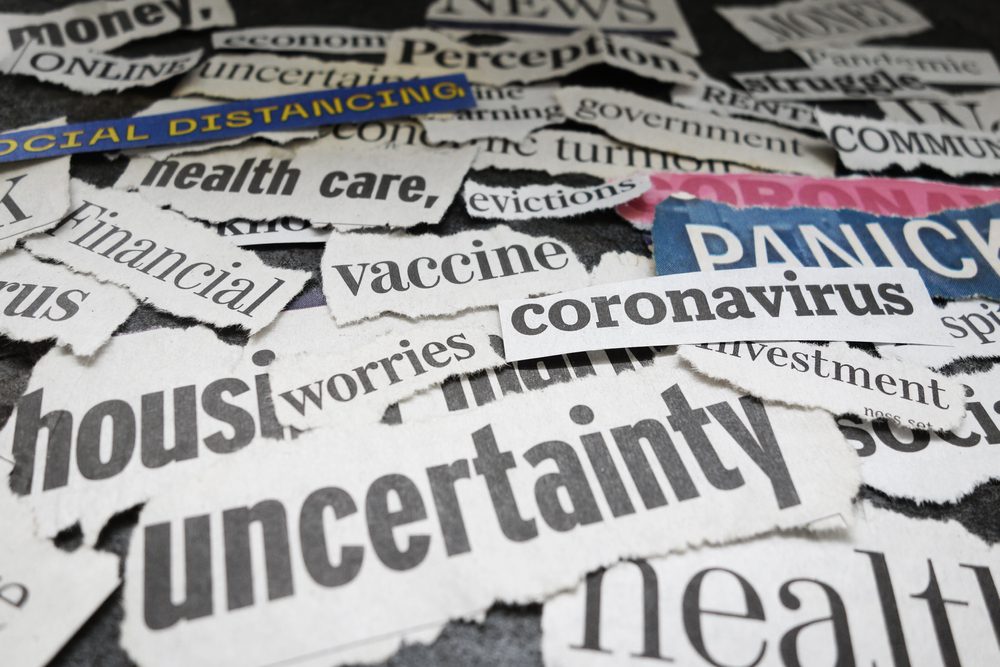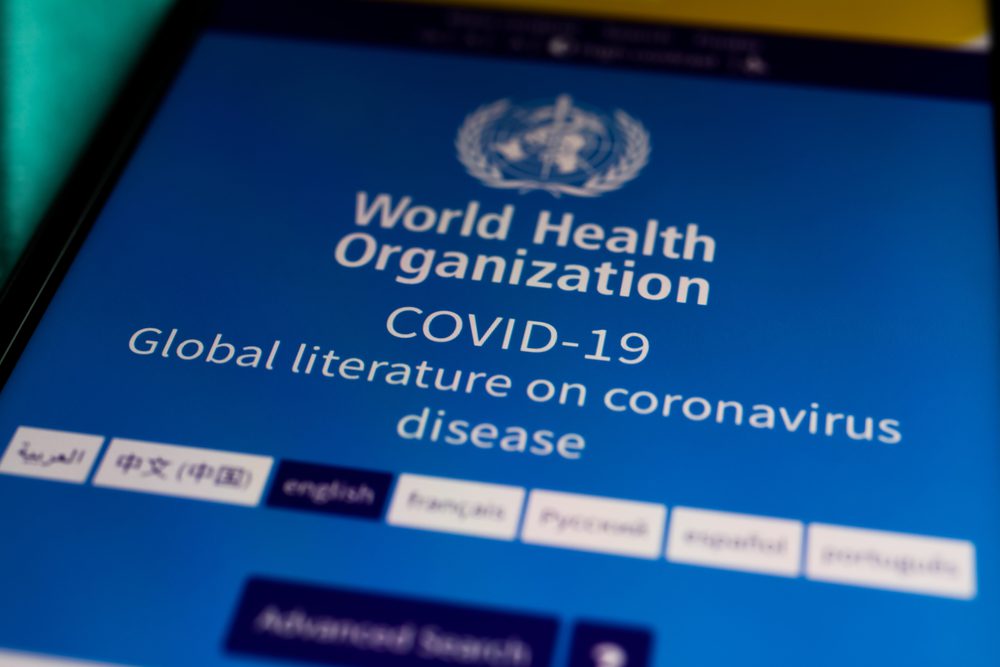What have we learned from the COVID pandemic?
Three years and a half after the World Health Organization declared COVID-19 a global pandemic on March 11, 2020, the virus would have killed millions of people, shut down borders, battered economies, and forced humanity into their homes.
What we know for sure is that the coronavirus was first detected in Wuhan, China, in December 2019. At first, the virus was linked to the Huanan Seafood Wholesale Market. That’s how exotic wildlife, such as bamboo rats and raccoon dogs, got removed from the market, as experts believed they were the intermediary between horseshoe bats—the culprit in coronavirus cases in the area around Wuhan—and COVID-19’s leap to humans.
At the time, China had refused to give the WHO full access to the remaining data.
On the other hand, conspiracy theorists and a few experts believed that the coronavirus was a bioweapon released by either China or the US, depending on their political leanings. Others even predicted the COVID pandemic a few years before it occurred. One of them is Dr. Anthony Fauci. Let’s find out more!

In 2017, Dr. Fauci came to Georgetown, and he opened and closed his speech with one interesting prediction. At the time, he said the coming [Trump] administration would face some challenges in the arena of infectious diseases. Moreover, he seemed very confident in his statement.
Six years later, in the wake of the COVID pandemic, which at the time claimed nearly seven million lives worldwide, Dr. Fauci came back to Georgetown. This time, he talked about five lessons learned from the COVID pandemic and how those lessons can help us face the next “inevitable challenge.”
For almost four decades, Dr. Anthony Fauci served as the director of the National Institute of Allergy and Infectious Diseases, a position held at the National Institutes of Health. He held this role until December 2022, when he decided to step down.
Dr. Fauci also served as the chief medical advisor to President Biden. During his tenure, he advised seven US presidents on emerging infectious disease threats and global HIV/AIDS issues and was one of the main architects of the US President’s Emergency Plan for AIDS Relief, which has helped save over 25 million lives worldwide.
Dr. Fauci came to Georgetown as the keynote speaker for the Malow Distinguished Lecture series, an event hosted annually by the School of Foreign Service’s Science, Technology, and International Affairs Program.
Learn more about the five lessons Dr. Fauci learned from responding to the COVID pandemic!
1. Expect the unexpected
A theme that has followed him throughout his long career, Dr. Fauci said the COVID pandemic brought its own unexpected, unprecedented traits—namely, a highly mutable virus that has generated multiple waves of variants instead of one massive outbreak.
As Dr. Fauci pointed out, we were entirely unprepared historically to deal with continual waves of viruses of the same broad species that kept evading immunity. We may now have updated boosters, but Dr. Fauci says we can’t be playing Whack-A-Mole for every new variant.
While the COVID pandemic is over, he says the world will experience new variants of the coronavirus and even another COVID-like pandemic. He also emphasized that it’s important to always look “over our shoulder” for new variants.
Later after his speech, in an audience Q&A, Dr. Fauci explained how the evolving virus—how it was transmitted, its variants—has impacted the public’s trust in science and experts’ efforts. He also shared with the public a misunderstanding of the scientific approach to a public health issue.
According to him, the COVID pandemic was proof that what you know in February is just different from what you know in August because things evolve. In other words, it’s not that easy to maintain credibility and give people the truth at any given time, as the truth based on scientific data changes as the data changes.

2. Act early and fast
No. 2 on our list of lessons about the COVID pandemic, Dr. Fauci pointed out that it’s extremely important for the governments to collaborate, share information, and work together quickly once a pandemic threat has been identified. In a situation like this, both legislators and experts have to act rapidly and early with public health interventions.
Dr. Fauci explains that when you are dealing with a pandemic, what you are experiencing today is the result of something that occurred two to three weeks ago. In other words, what’s going on now is going to reveal itself three weeks from now. He also underscored that pandemics aren’t linear; they are exponential.
3. The importance of vaccine research
Dr. Fauci emphasized how decades of progress in vaccine research paved the way for developing a COVID-19 vaccine faster. The efforts, he explained, involved a remarkable multidisciplinary effort that was out of the spotlight for a very long time before the unfolding of the COVID pandemic.
Dr. Fauci compared how many years it took for previous vaccines to be developed and authorized after each disease’s microbe was discovered: 16 years for Hepatitis B; 47 years for polio; and 105 (!) years for typhoid.
How things went with the COVID-19 vaccine was something “completely unprecedented in the history of vaccinalogy,” Dr. Fauci underscored. In just 11 months, the world would have had a vaccine that would have saved an estimated 3.3 million lives between December 2022 and November 2022.
Want to learn more about vaccines? Check out this book that discusses the myths and scientific facts surrounding vaccines.

4. Stick to data and facts
In presenting his lesson from the COVID pandemic, Dr. Fenci reinforced how misinformation about the coronavirus has cost lives and is genuinely the enemy of pandemic control.
In his own career, particularly during the years he has been advising US presidents, Dr. Fency said he has maintained his own principles. The first one would be to stick with the science and never swerve from it, even when it turns out to be an inconvenient truth from somebody else.
He also pointed out that facts should be the leading factor when it comes to deciding what policy we are creating and voting on. Similar to science, this should apply even when the facts are uncomfortable.
5. You can prevent a pandemic
According to Dr. Fauci, emerging and reemerging infectious diseases will continue. He also said that while it’s unlikely that the coronavirus will be eradicated in this lifetime, it’s possible to blunt or prevent emerging infectious diseases from becoming pandemics.
We have to accept the fact that emerging infectious diseases are a perpetual challenge. The COVID pandemic may be over, but Dr. Fanci says we shouldn’t just be relieved that it’s all part of the past. As he explained, the only way the world can address a perpetual challenge is through perpetual preparedness.
While this may sound like a bad thing, Dr. Fauci rather describes himself as a “cautious optimist”. According to him, we have hope that we can manage an active crisis similar to the COVID pandemic.
Dr. Fauci finished his speech at Georgetown by reinforcing the importance of serving others, something he has personally found gratifying throughout his long career.
The last three and a half years have taught us how adaptable and responsive people can be, but also how we need to build better institutional resilience. In other words, we need to make sure we’re better prepared for future health emergencies.
If you liked our article about the COVID pandemic, you may also want to read We Can’t Cure Cancer, But We Might Stay Healthier With These 5 New Cancer Treatments.














